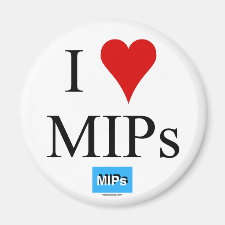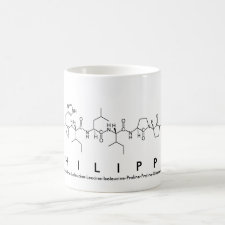
Authors: Pardo A, Mespouille L, Dubois P, Blankert B, Duez P
Article Title: Molecularly Imprinted Polymers: Compromise between Flexibility and Rigidity for Improving Capture of Template Analogues.
Publication date: 2014
Journal: Chemistry - A European Journal
Volume: 20
Issue: (12)
Page numbers: 3500-3509.
DOI: 10.1002/chem.201303216
Abstract: New synthetic strategies for molecularly imprinted polymers (MIPs) were developed to mimic the flexibility and mobility exhibited by receptor/enzyme binding pockets. The MIPs were prepared by bulk polymerization with quercetin as template molecule, acrylamide as functional monomer, ethylene glycol dimethacrylate as cross-linker, and THF as porogen. The innovative grafting of specific oligoethylene glycol units onto the imprinted cavities allowed MIPs to be obtained that exhibit extended selectivity towards template analogues. This synthetic strategy gives promising perspectives for the design of molecular recognition of molecules based on a congruent pharmacophore, which should be of interest for drug development
Template and target information: quercetin
Author keywords: imprinting, liquid chromatography, molecular recognition, polymers



Join the Society for Molecular Imprinting

New items RSS feed
Sign-up for e-mail updates:
Choose between receiving an occasional newsletter or more frequent e-mail alerts.
Click here to go to the sign-up page.
Is your name elemental or peptidic? Enter your name and find out by clicking either of the buttons below!
Other products you may like:
 MIPdatabase
MIPdatabase









